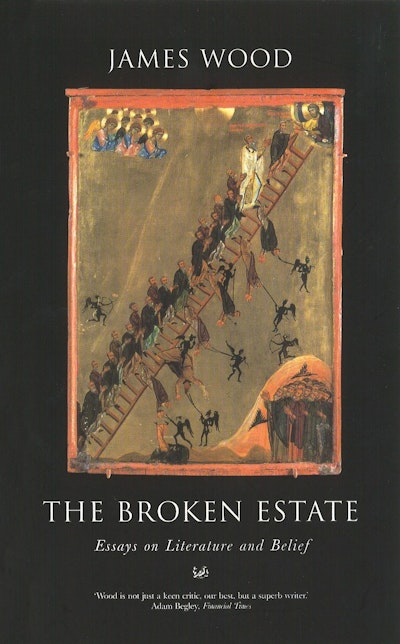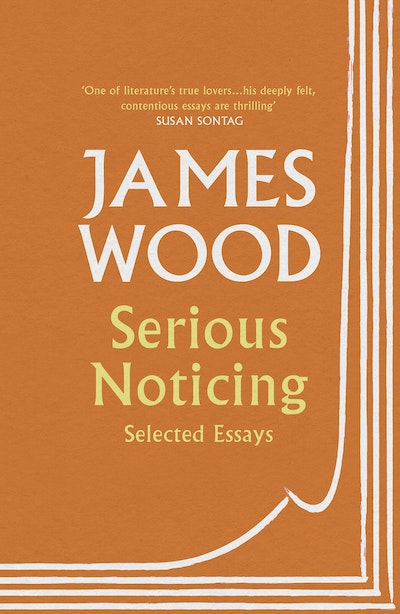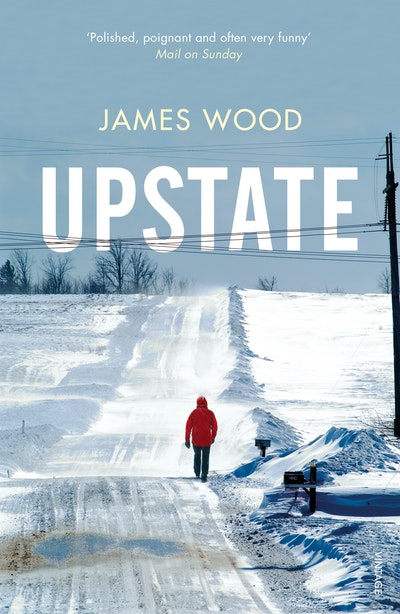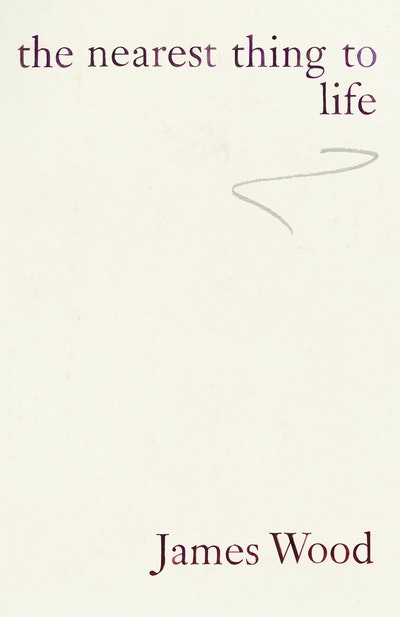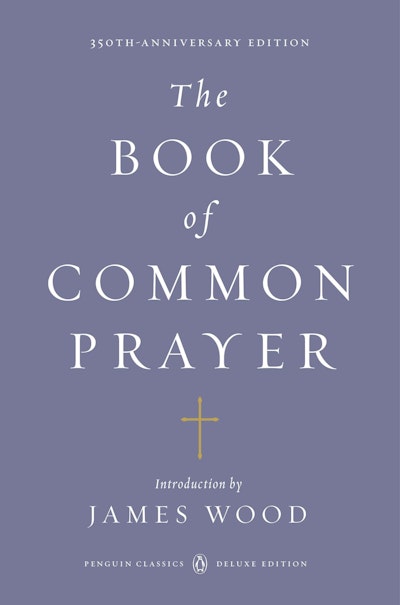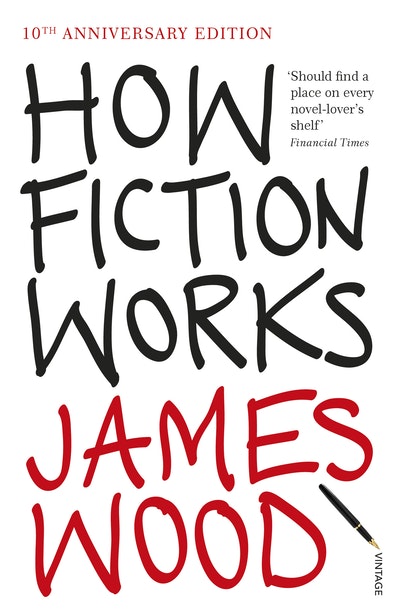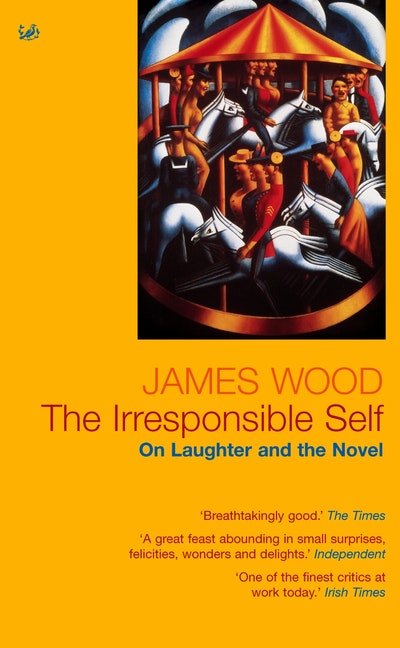- Published: 15 March 2000
- ISBN: 9780712665575
- Imprint: Pimlico
- Format: Trade Paperback
- Pages: 336
- RRP: $39.99
The Broken Estate
Essays on Literature and Belief
- Published: 15 March 2000
- ISBN: 9780712665575
- Imprint: Pimlico
- Format: Trade Paperback
- Pages: 336
- RRP: $39.99
Wood is not just a keen critic, our best, but a superb writer
Adam Begley, Financial Times
A close reader of genius... Illuminating and exciting and compelling... one never doubts the soundness of his judgements... There is wonderful writing throughout this collection, by turns luscious and muscular, committed and disdaining, passionate and minutely considered
John Banville, Irish Times
He is one of literature's true lovers, and his deeply felt, contentious essays are thrilling in their reach and moral seriousness
Susan Sontag
Magnificent... Like all good critics, he is a story-teller of the art of reading, recreating the experience on the page for us
Evening Standard, Francis Spufford
We have very few critics who can vie with Jarrell and Toynbee, who can remind us that talking about literature is a part of what literature is about, and talking about it with passion, precision, and out of a rich store of reading is a rare and precious gift: it is good for all of us that James Wood has it and we have James Wood
Gabriel Josipovici, Times Literary Supplement
He is a true critic: an urgent, impassioned reader of literature, a tireless interpreter, a live and learned intelligence, good writing company
Malcolm Bradbury, New Statesman
A book that makes you feel, having closed it, as if your mind has been oxygenated
Natasha Walter, Independent
He speaks in a manner dedicated to establishing no less than the truth
New York Times
